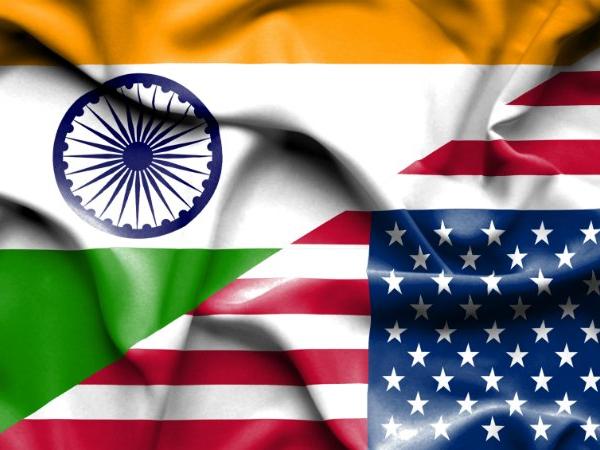WASHINGTON, June 7: India’s role in the Global South along with its position of leadership in a multipolar world is creating an opportunity where the country’s partnership with the US is being seen as a partnership of equals, an eminent Indian-American leader from Silicon Valley has said.
Yogi Chugh, a businessman, also said there is huge excitement about Prime Minister Narendra Modi’s first state visit later this month to the US and that Indian Americans can play a very important role in strengthening the bilateral relationship.
“There’s great excitement, whether it’s high tech, whether it’s the community in general or this admiration for the stature that India is getting in the United States. So there, I believe there’s excitement. I know my father, who’s 90 years old is very excited that the Prime Minister will be coming to the United States. That’s just overall a spirit of happiness, excitement,” Chugh told PTI in an interview.
Modi is visiting the US from June 21-24 at the invitation of President Joe Biden and First Lady Jill Biden.
“The excitement is an all-time high, certainly, speaking from not only a California perspective but frankly talking to people all across the United States, I think there’s just a tremendous amount of excitement,” he said.
One of the reasons for this is that the United States has described the US-India partnership as probably the most consequential of the 21st Century.
“And the new role of India playing as being a leader of the Global South, along with this position of leadership in a multipolar world is creating this opportunity where I think the US-Indian partnership is seen as a partnership of equals,” Chugh said.
India under Prime Minister Modi has made great progress in the last nine years.
“I think Prime Minister Modi has clearly recognised that while there are domestic challenges that he has to face, the global diplomacy has certainly taken on a life of its own,” he said.
“I think he’s been able to build successful relationships that have forged from somebody who they believe has the best interest of India at heart. I think he’s also recognised that India’s economic strength puts him in a pivotal position to sit at a table, of equals. It is not something that people do not mention,” Chugh said.
India will be the third-largest economy in the world. When that happens, there’s certainly an economic interest from corporations that look to India as the right place to come back and grow and prosper from, he said.
Chugh said India has clearly positioned itself that it will have to have multiple relationships across a multipolar world.
“I think that for too long, Europe has always had its way. I think Europe used to always think that the world’s problems were not their own, but their problems were the world’s problems. I think India has now come back and said, every problem is our problem. How we deal with it is significant,” Chugh said.
“And by giving a voice to the New South, I think it’s clearly perpetuated not only India’s role but India’s role as a voice of the South. And then comes along with the Quad looking at the Indo-Pacific as a key and vital region,” he added.
Japan, India, Australia and the United States had in 2017 given shape to the long-pending proposal of setting up the “Quad” or the Quadrilateral coalition to counter China’s aggressive behaviour in the Indo-Pacific region.
“Whether it’s Prime Minister Modi or External Affairs Minister S Jaishankar, they’ve clearly pivoted a role where they’re unapologetic about their decisions or clearly talk about the world being sensitised to the challenges India faces in a region where they’ve been at loggerheads with the border,” he said.
Observing that America recognises the Indian position, Chugh said Washington DC thinks that India has to amplify the concerns because it’s a world of coalitions.
“Whether it’s a question about China and Russia, and India being centred in that position, being able to come back and dovetail a foreign policy as an own, recognising the threats that it faces from a strong China today hopefully won’t be as strong in the future.
“That’s really where these coalitions are being formed. But it is that perception, and I think the United States recognises that India has to be given a little bit of freedom to do what they need to do. Maybe freedom’s not the right word, but it’s an acceptance that India has its own realities,” he said.
He said the US-India partnership is vital.
“It can’t be one-sided. It has to be both sides agreeing to the challenges they face and how do they deal with them” he said. (PTI)
Home International US-India partnership seen as partnership of equals due to India’s leadership in...


